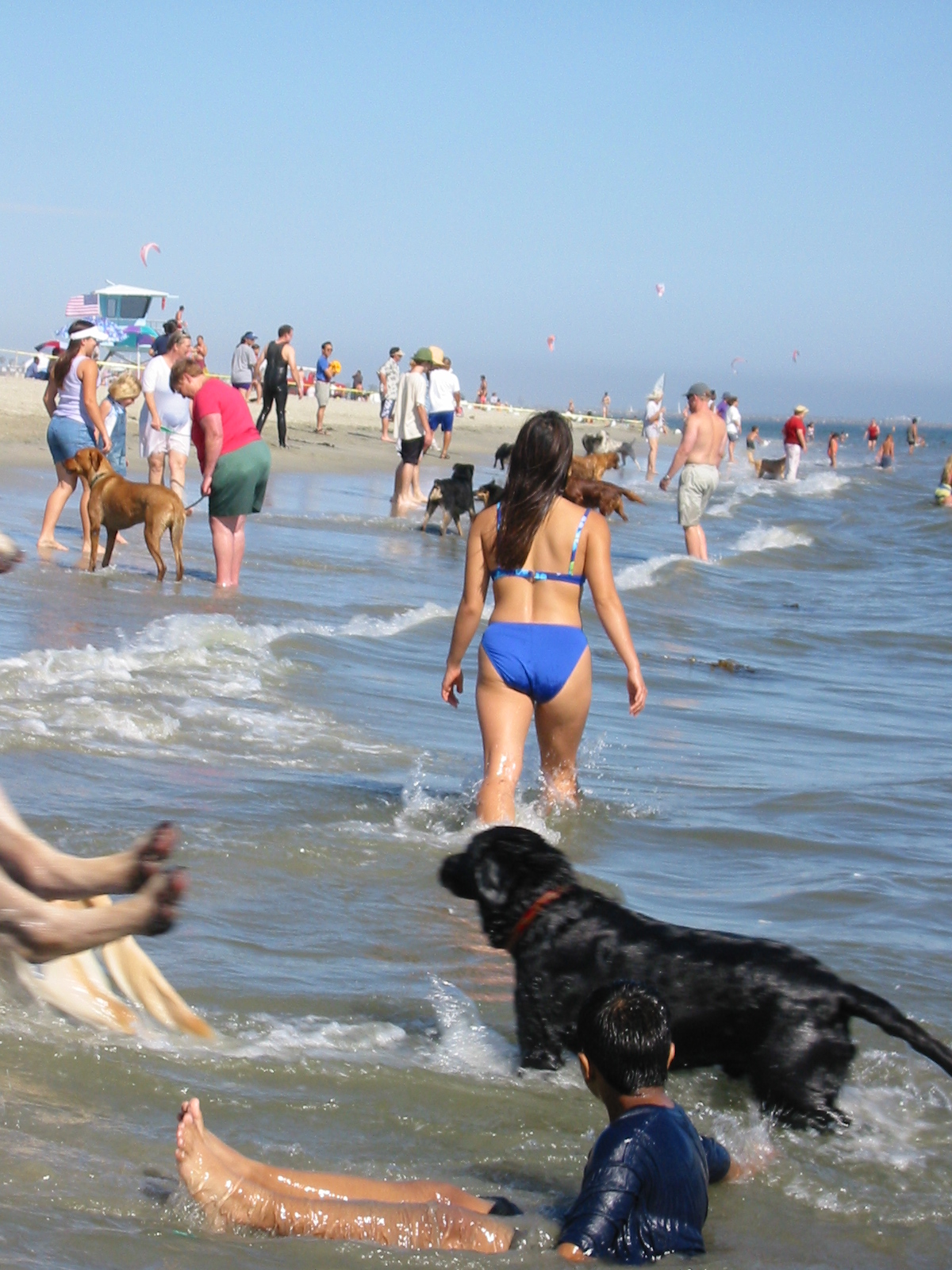A List: Jules Verne--20,000 Leagues Under the Sea.....................76/257
B List: Between books
C List: Kathleen Ann Goonan--In War Times.............................341/348
This has been the year (or so) of Jules Verne, whom I had never read all the days of my life before taking on Around the World in 80 Days and Journey to the Center of the Earth, and now this, all in a relatively short space. I have found them all to be entertaining. In this one some of the technical talk, about atmospheric pressure and oxygen pumps and such subjects, seems to be too much for my concentration and/or understanding and my eyes tend to glide over these parts. This cannot be said to be a fault of the book, I suppose.
In War Times I have liked quite a lot, though in terms of strict construction and intellectual power I don't think it holds together very well. There are a number of different strains in it that appeal strongly to me however even if they don't necessarily cohere with each other. The first half of the book takes place during World War II, and the narrative centers around an able young male American engineer who belongs to a company of mostly fellow able young male American engineers and their wartime experiences in New York and England and Germany. I am always taken in by stories of the able young men of the Allied forces in World War II. I wish that there was a way, in the absence of stupendous and overwhelming intellectual or creative ability, to recreate the intensity and energy of experience that the able young men, at least as depicted in books, seemed to get out of the war, and the camaraderie also, without the accompanying horrors of the actual conflict. Of course there probably is not. In any event I like reading stories of smart young men, and I like reading stories of 1940s America, and the victorious part of World War II, and the camaraderie of men who have succeeded together in worthwhile enterprises. The able young white buddies in this are big jazz fans, which they see as related to developments in modern physics, and they even end up playing one night with Dizzy Gillespie and Charlie Parker. This part is admittedly rather corny, but from my point of view I rather liked it too, this music is one of the defining energies of that era, but it isn't always clear if you're someone like me how to find a way into it, but I felt like there was something of that here. After the war ends there is more of a science fiction plot that takes hold. The main character continues to live in the postwar world that we know, the Cold War and Vietnam and so on, but most of his old Army mates, including his best friend whom in his world died in Germany in 1945, live on in an alternative postwar world where Stalin was overthrown, Berlin became a boomtown, the nations work together on space exploration, technology and economic growth progress even faster than they did in the familiar world, Kennedy was not killed, and so on. The guy stuck in our world is able to know this because there are nodes of time where these differing strains of history briefly come together. So he can reunite with his friends from time to time (often near his home in Washington, D.C; They are confused as to why it is so shabby) but then at some point they will get up to go to the bathroom and not come back and the node is lost. This idea made an impression on me for some reason. (This alternative worlds thing is the result of some atomic energy that the protagonist got hold of during the war that has been channeled to work differently from the way the atomic bombs did, or something like that. I am out of time, I have to stop now...)
_-_1.jpg)



No comments:
Post a Comment